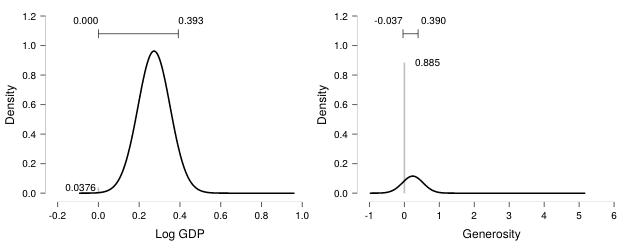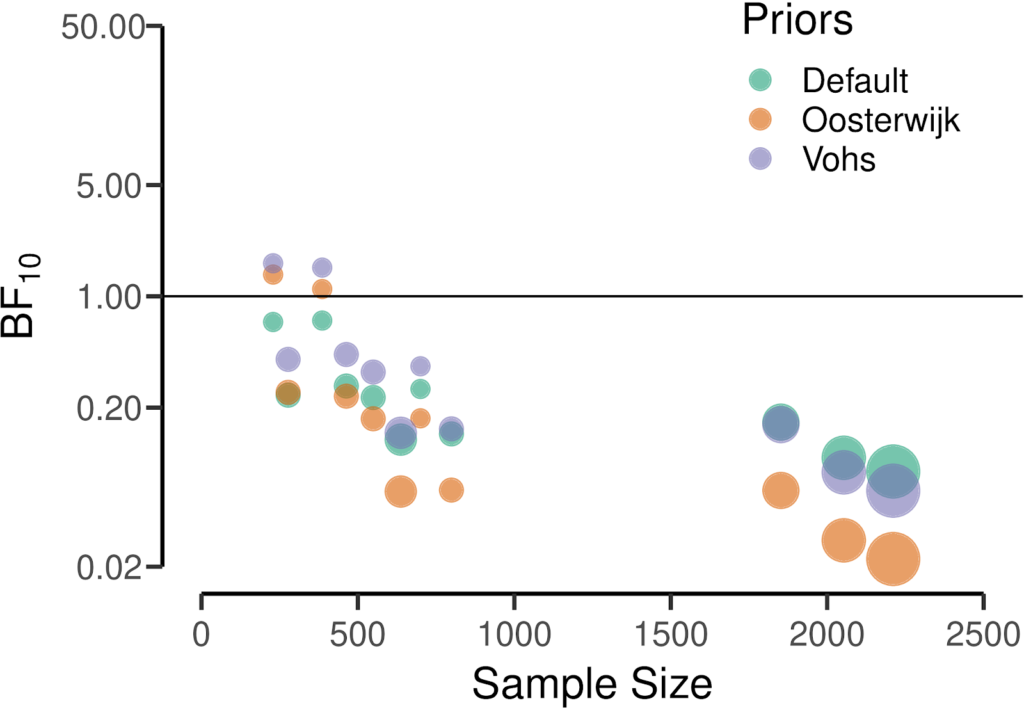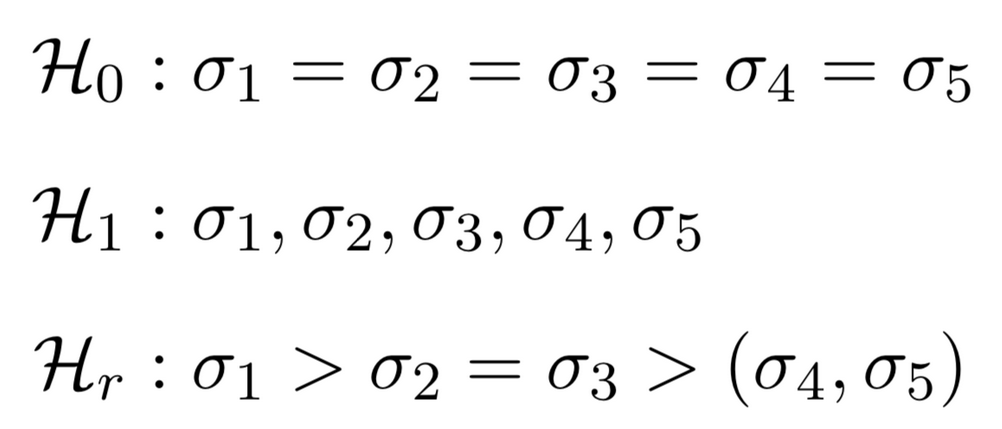A Primer on Bayesian Model-Averaged Meta-Analysis
This post is an extended synopsis of a preprint that is available on PsyArXiv: https://psyarxiv.com/97qup/ Abstract Meta-analysis is the predominant approach for quantitatively synthesizing a set of studies. If the studies themselves are of high quality, meta-analysis can provide valuable insights into the current scientific state of knowledge about a particular phenomenon. In psychological science, the most common approach is…
read more





